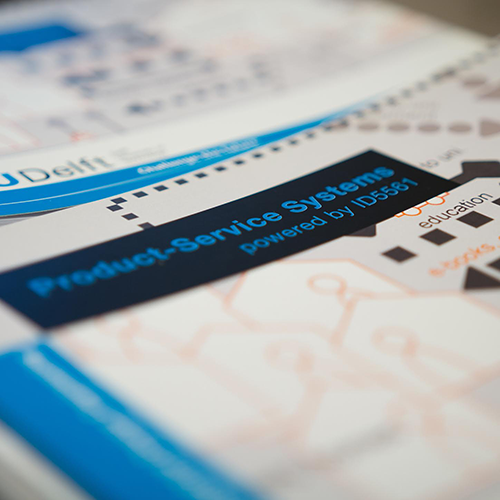Introducing systems oriented design for complex societal contexts in design engineering education
DOI:
https://doi.org/10.7577/formakademisk.1460Keywords:
Systems Oriented Design, Socio-Technical System, Product-Service System, Complex societal context, Low-income energy market, Humanitarian aid, SustainabilityAbstract
As our society faces large-scale wicked problems like global warming, resource depletion, poverty and humanitarian emergencies, problem solvers are required to apply new reasoning models more appropriate to deal with these complex societal problems. Dealing with these problems poses unfamiliar challenges in contexts with poor financial and infrastructural resources. Systems Oriented Design (SOD) has been recognized in the literature as a promising approach, capable to support design engineers to deal with these complex societal problems. This paper explores the application of SOD in the development of Product-Service System (PSS) concepts by student teams in a multidisciplinary master course. The course resulted in twelve concepts that were analysed using a case study approach with the support of protocol analysis. The analysis results in a description of advantages, context- and process-related challenges of using SOD. From an education point-of-view, the results demonstrate that even though SOD provides students with a broad knowledge base and skills to deal with problems in complex societal contexts, there is still the need to introduce the appropriate scope and depth in the design engineering curricula, making the transition from traditional product design, a challenging one.

Downloads
Published
How to Cite
Issue
Section
License
Authors who publish with this journal agree to the following terms:
- Authors retain copyright and grant the journal right of first publication with the work simultaneously licensed under a Creative Commons Attribution 4.0 License that allows others to share the work with an acknowledgement of the work's authorship and initial publication in this journal.
- Authors are able to enter into separate, additional contractual arrangements for the non-exclusive distribution of the journal's published version of the work (e.g., post it to an institutional repository or publish it in a book), with an acknowledgement of its initial publication in this journal.
- Authors are permitted and encouraged to post their work online (e.g., in institutional repositories or on their website) prior to and during the submission process, as it can lead to productive exchanges, as well as earlier and greater citation of published work (See The Effect of Open Access).
- The author(s) must manage their economic reproduction rights to any third party.
- The journal makes no financial or other compensation for submissions, unless a separate agreement regarding this matter has been made with the author(s).
- The journal is obliged to archive the manuscript (including metadata) in its originally published digital form for at least a suitable amount of time in which the manuscript can be accessed via a long-term archive for digital material, such as in the Norwegian universities’ institutional archives within the framework of the NORA partnership.
The material will be published OpenAccess with a Creative Commons 4.0 License which allows anyone to read, share and adapt the content, even commercially under the licence terms:
This work needs to be appropriately attributed/credited, a link must be provided to the CC-BY 4.0 licence, and changes made need to be indicated in a reasonable manner, but not in any way that suggests that the licensor endorses you or your use.



